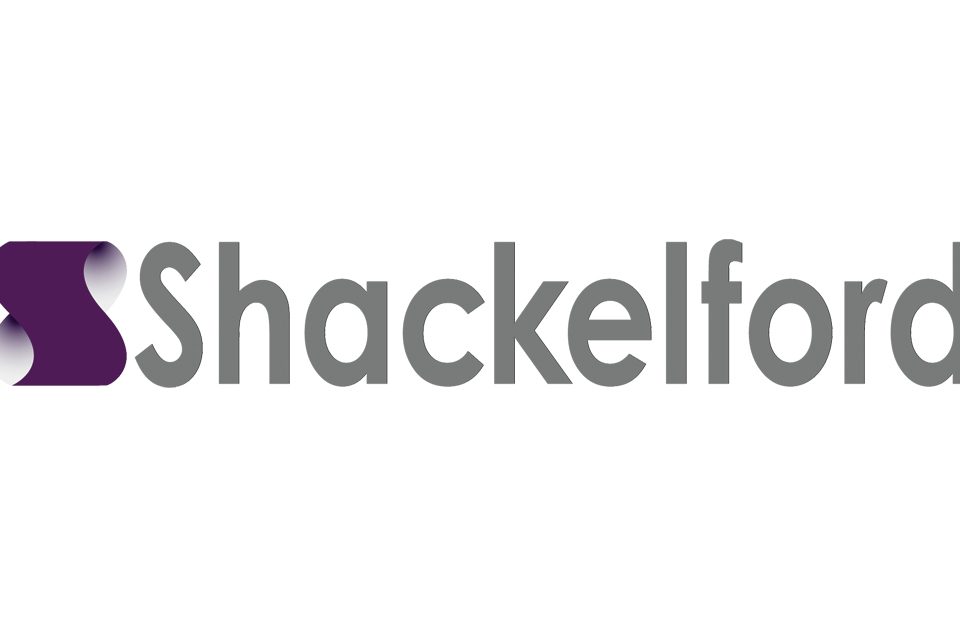On February 22, 2013, the FAA published a Policy Clarification on Charitable Medical Flights addressing the reimbursement of fuel expenses for pilot’s flying charitable medical flights. As you may recall, 14 C.F.R. 61.113 prohibits a private pilot from acting as pilot in command of an aircraft that is carrying passengers or property for compensation or hire and, for any other flight carrying passengers, a private pilot may not pay less than his or her pro rata share of the operating expenses (fuel oil, airport expenditures, or rental fees). In order to pay less than his or her pro rata share the pilot would have to hold a commercial pilot certificate. As a result, up until recently, private pilots operating charitable medical flights could not receive reimbursement for their fuel etc. without complying with Section 61.113, which defeated the purpose of a “charitable” medical flight.
However, Section 821 of the FAA Modernization and Reform Act of 2012 addressed the situation and now requires that the FAA allow an aircraft owner or operator to accept reimbursement from a volunteer pilot organization (such as Angel Flight, Wings of Mercy etc.) for the fuel costs associated with a flight operation to provide transportation for an individual or organ for medical purposes. In order take advantage of this law, volunteer pilot organizations have petitioned the FAA for exemptions from the requirements of Section 61.113(c) so that their pilots can be reimbursed for some or all of the expenses they incur while flying these flights, since the flights would otherwise be prohibited by Section 61.113(c).
The FAA will issues these exemptions if the applying volunteer pilot organization complies with the following conditions and limitations by:
- Developing of a pilot qualification and training program;
- Authenticating pilots’ FAA certification;
- Requiring flight release documentation;
- Imposing minimum pilot qualifications (flight hours, recency of experience, etc.);
- Requiring a 2nd class FAA medical certificate;
- Requiring the filing of an instrument flight plan for each flight;
- Restricting pilots to flight and duty time limitations;
- Requiring mandatory briefings for passengers;
- Imposing higher aircraft airworthiness requirements; and
- Requiring higher instrument flight rules (IFR) minimums.
Although these are the current restrictions, the various volunteer pilot organizations and the Air Car Alliance are continuing to work with the FAA to reduce these burdens that are placed on volunteer pilots and organizations who reimburse fuel. Fortunately, the FAA has indicated that it “will continuously update these conditions and limitations as necessary to best ensure these operations meet this equivalent level of safety.” Hopefully those discussions will be productive and meaningful. But for now, fuel reimbursement should be available if the conditions for the exemption are met.



